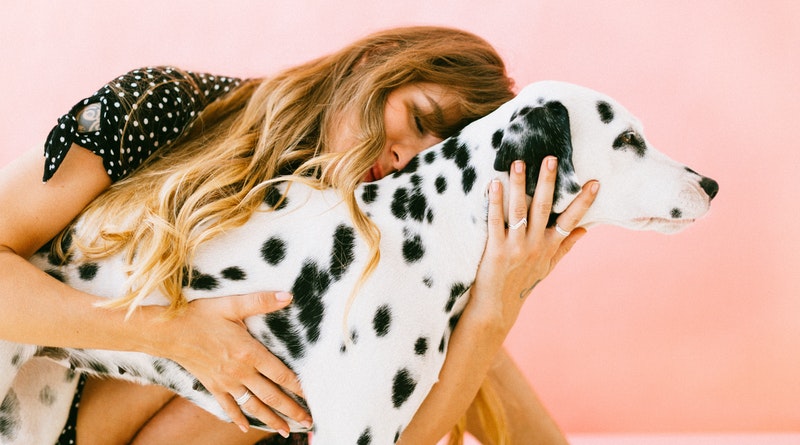Overcoming Your Large Breed Dog’s Loss of Appetite

Large breed dogs refer to any dogs that attain the adult weight of 23 kg or more while giant breed dogs attain 50kg or more. These dogs are different from their smaller counterparts in various aspects, and you need to be ready to cater to these specific needs to have a gentle, caring giant around. Mastiffs, German Shepherds, Golden Retrievers, Newfoundland, Dalmatians, and the Great Danes are some of the popular large breed dogs.
One of the significant differences between large dog breeds and the others is in nutrition. Larger dogs have different requirements starting from when they are just puppies to adulthood and later on senior age. They need the right amount and kind of food to develop their body muscles and bone density. A good nutrition plan helps them avoid orthopedic diseases, including hip dysplasia, which is one of the prevalent diseases among large dog breeds.
Therefore, a problem with your dog’s appetite is a cause for concern. A lack of appetite will deny the dog the nutrition it needs while also being an indicator of an underlying problem. Lack of complete appetite in dogs is known as anorexia. Here are potential reasons why a dog will develop anorexia.
- Illness
Diseases are one of the leading causes of loss of appetite. They affect the dog’s mood, energy, and attitude towards food, which takes away their desire for food.
- Social and emotional issues
Dogs are susceptible to stress and other psychological problems. New places, traveling, losing friends, feeling lonely, and any other disruptions in their life will mess a dog’s appetite. If your dog has recently had a life-changing moment or undergone a stressful period, helping the dog cope with the situation will help improve their anorexia. You might as well provide them with a comfortable calming dog bed to ease their emotional issues.
- Medication
Large dogs are prone to injuries and other medical conditions, necessitating the use of medicine. Some of the drugs will have a loss of appetite as a side effect. Even vaccines can affect your dog’s desire for food, and it is essential to observe them when they are on medication.
- Change of food
As dogs mature, you may need to change their meals, or you could be trying a new diet aiming to give them nutrients they have been missing out. Abrupt changes can affect the dog’s willingness to eat food. To ensure a smooth transition and provide your dog with the necessary nutrients, it’s recommended to consider holistic dog food options.
- Aging
As dogs grow old, their dietary needs change, and the food has to reflect this. What they would have enjoyed in their younger years may not be what they love as they get in their senior years.
Solutions
- Tests
Start by getting your dog to a doctor for tests to check if any medical conditions are affecting the dog’s appetite. The doctor can also help diagnose other causes for the loss of appetite
- Vary ingredients
Try getting different ingredients in the dog meals and stick with what the dog will prefer and slow create a diet around these ingredients. You can also add flavor to the food to make it more appealing.
- Appetizers
For situations like medication side effects and emotional factors, you can use appetizers to induce the dog to feed. Your vet will advise you on the best options to use in your circumstances.
- Homemade diet
Using a home diet is another pleasant way to overcome the loss of appetite in large breed dogs. It is much easier to provide the whole nutritional content and fiber that the dog needs.
Dealing with a dog that has a low appetite can be stressful and demanding. The best approach is to rule out any sickness first and then find a way to stimulate the dog’s appetite by trying new foods and flavors.
What's Your Reaction?
Newly middle-aged wife of 1, Mom of 3, Grandma of 2. A professional blogger who has lived in 3 places since losing her home to a house fire in October 2018 with her husband. Becky appreciates being self-employed which has allowed her to work from 'anywhere'. Life is better when you can laugh. As you can tell by her Facebook page where she keeps the humor memes going daily. Becky looks forward to the upcoming new year. It will be fun to see what 2020 holds.



